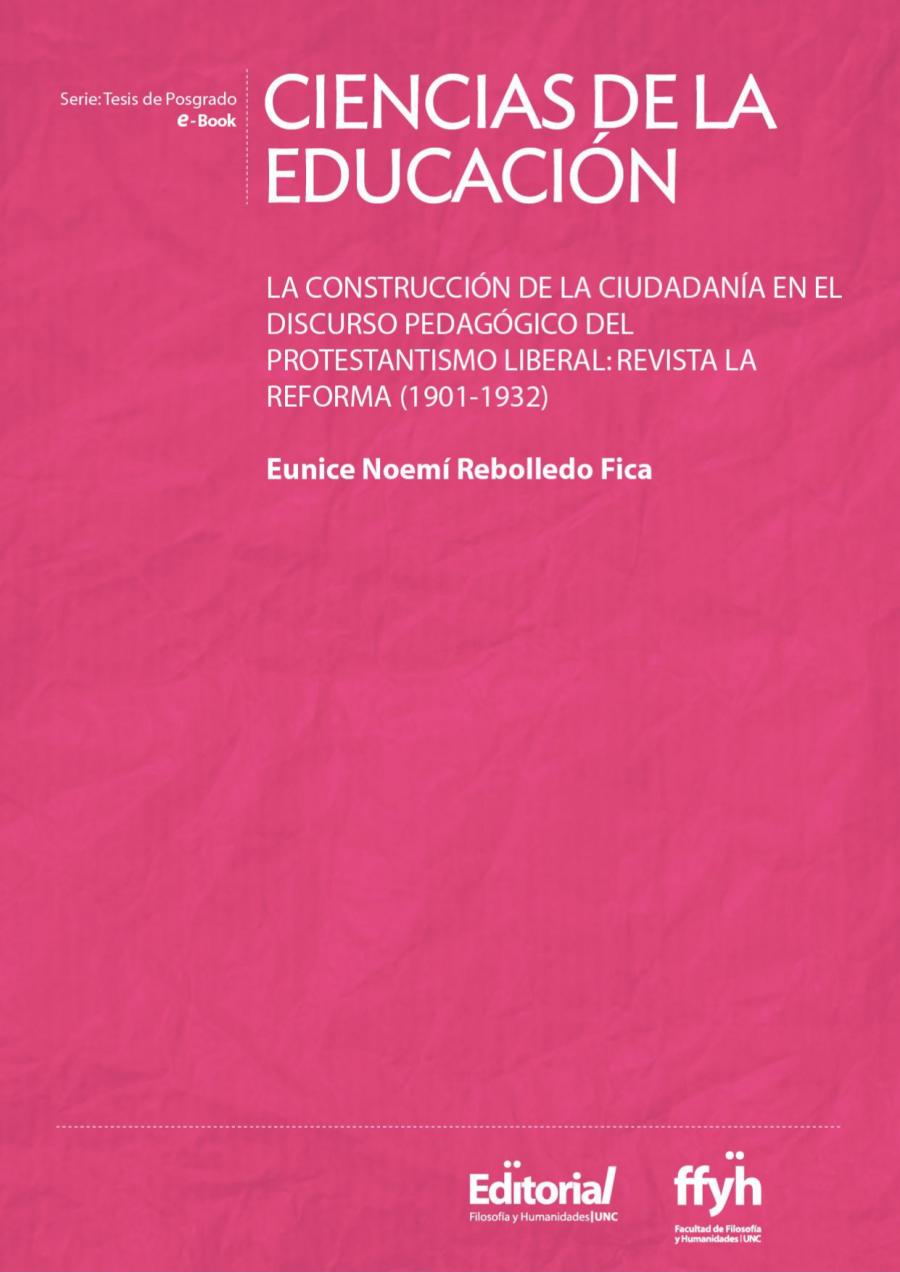The construction of citizenship in the pedagogical discourse of liberal Protestantism: La Reforma magazine, 1901–1932
Keywords:
history of education, pedagogical discourse, national identity, educational project, La Reforma (magazine), liberal Protestantism, intransigent Catholicism, secular liberalism, Argentina (1901-1932)Synopsis
In this research, we focus on reconstructing an educational historical narrative that was woven into the political, social, and cultural fabric of a period of great significance for the construction of national identity. The conditions under which it was produced reflected a series of political and social confrontations surrounding the expansion and consolidation of the nation. We examine the pedagogical discourses produced and disseminated by liberal Protestants in Argentina during the early decades of the 20th century, who conceived and articulated an educational project aimed at addressing the shortcomings of the state among the poor and marginalized sectors of the city of Buenos Aires.
The period we address corresponds to the duration of the educational project (1898-1932), during which we analyze its process of genesis, consolidation, and disappearance. Its mentor, the English immigrant William Case Morris, was also the director of the monthly publication LA REFORMA: revista de religión, educación, historia y ciencias sociales (LA REFORMA: magazine of religion, education, history, and social sciences), a documentary source used in this study.
The range of issues addressed, including educational subjects, moral education and its projection into patriotism, training for work, democracy and social order, and the dissemination of science, among others, formed the core of discursive differentiation in confrontation with other discourses that shaped the political debate on education. They were articulated in diverse, sometimes contradictory ways in the meanings that citizenship acquired for liberal Protestantism in the dynamic and complex national and international political context that characterized the period.
The pedagogical discourse disseminated in this publication was articulated with a political and social project that was promoted and driven fundamentally in opposition to intransigent Catholicism and in alliance with secular liberalism, although it differed from the latter in that it introduced elements of Protestant religiosity into thinking about education.
In particular, we question the formation of citizenship, as it unfolded in the struggle for hegemony. In relation to this central concern, a wide variety of discourses were developed by intellectuals and national and foreign officials, which fed into the discursive practices of those who participated in the educational project, some of whom would occupy strategic positions in the Argentine state apparatus.

Downloads
Published
Categories
License

This work is licensed under a Creative Commons Attribution-NonCommercial-ShareAlike 4.0 International License.


